Creating a pet-friendly garden is a wonderful way to ensure that your furry friends can enjoy the outdoors safely and happily. Whether you have a dog, cat, or both, this guide will provide you with practical tips and steps to design a garden that caters to your pets' needs while maintaining its beauty. For more expert advice, check out the American Kennel Club's comprehensive guide.
Why a Pet-Friendly Garden Matters
A pet-friendly garden provides a safe and stimulating environment for your pets to explore, play, and relax. It can help reduce their stress, provide them with physical exercise, and prevent destructive behavior caused by boredom. Additionally, it allows you to enjoy your outdoor space without worrying about your pets' safety.
Step-by-Step Guide to Creating a Pet-Friendly Garden
1. Assess Your Garden Space
Before making any changes, take a good look at your current garden. Identify any potential hazards for your pets, such as toxic plants, sharp objects, or unsecured areas where they could escape. Consider your pets' habits and preferences, such as where they like to dig, rest, or run around.
2. Choose Pet-Safe Plants
Many common garden plants can be toxic to pets. When planning your garden, choose pet-safe plants that won't harm your furry friends if they decide to nibble on them. Dr. Carol Osborne, integrative veterinarian at Chagrin Falls Pet Clinic, suggests the following edible plants that are safe for dogs:
- Green Beans: Chopped, steamed, or raw, all types are okay for dogs to eat as long as they’re not prepared with other ingredients, such as salt.
- Berries: Cranberries, blueberries, raspberries, and strawberries are all safe in small quantities.
- Barley Grasses: Safe for dogs in small amounts.
When it comes to herbs, consider these safe options:
- Dandelion Greens: A natural source of vitamins A, C, K, D, and B.
- Rosemary: Acts as an iron-rich antioxidant.
- Parsley (Petroselinum crispum): Often used as a breath freshener in dog dental treats.
- Basil (Ocimum basilicum): Has antioxidant, antiviral, and antimicrobial properties.
- Thyme: Contains thymol, which is antifungal and antibacterial.
For more details on pet-safe plants, visit the American Kennel Club's guide.
3. Create Secure Boundaries
Ensure your garden is fully enclosed to prevent your pets from wandering off. Use sturdy fencing that your pets cannot dig under or jump over. For added security, check the fence regularly for any gaps or weaknesses. Consider using chicken wire at the base of the fence to deter digging.
4. Designate Play and Rest Areas
Create specific areas in your garden for different activities. For example, designate a shaded spot with a comfortable bed for your pet to rest. Set up a play area with durable, pet-safe toys and features like tunnels or agility equipment. Having designated areas helps to keep your garden organized and ensures your pets have everything they need.
5. Provide Plenty of Water
Ensure your pets always have access to fresh water while they are outside. Place a water bowl in a shaded area and refill it regularly. You can also incorporate a pet-friendly water feature, like a shallow fountain, which can be both a water source and a fun play area for your pets.
6. Use Pet-Safe Mulch and Ground Cover
Some types of mulch, such as cocoa mulch, can be toxic to pets. Opt for pet-safe mulch like cedar, pine, or rubber mulch. For ground cover, consider using grass, as it is soft and gentle on your pets' paws. Avoid using sharp gravel or stones that can cause injuries.
7. Create a Digging Zone
If your dog loves to dig, provide a designated digging zone to prevent them from ruining your flower beds. Fill this area with loose soil or sand and bury toys or treats to encourage your dog to dig there. Reward your dog for using the digging zone to reinforce positive behavior.
8. Install Pet-Friendly Paths
Create pathways using pet-safe materials like stone, brick, or concrete. These paths can help direct your pets away from delicate plants and reduce the wear and tear on your lawn. Make sure the paths are wide enough for your pets to walk comfortably and free of any sharp edges.
9. Avoid Chemical Pesticides and Fertilizers
Chemical pesticides and fertilizers can be harmful to your pets. Opt for natural and pet-safe alternatives to keep your garden pest-free and healthy. Products containing neem oil, diatomaceous earth, or insecticidal soap are effective and safe for pets. If you have questions about a specific fertilizer or mulch, talk to your veterinarian before using it.
10. Add Shade and Shelter
Ensure your garden has plenty of shaded areas where your pets can escape the sun and cool down. Plant trees or install shade structures like pergolas or awnings. Additionally, provide a shelter or doghouse to protect your pets from rain and extreme weather conditions.
Bonus Tips for Maintaining a Pet-Friendly Garden
- Regular Maintenance: Regularly inspect your garden for any new hazards and remove them promptly. Keep the garden clean and free of pet waste.
- Pet-Friendly Pest Control: Use natural deterrents like vinegar, citrus peels, or essential oils to keep pests away. Avoid using traps or poisons that could harm your pets.
- Training: Train your pets to respect garden boundaries and discourage them from digging in unwanted areas. Positive reinforcement techniques work best for training.
Conclusion
Creating a pet-friendly garden is a rewarding project that benefits both you and your furry friends. By following these steps and considering your pets' needs, you can design a beautiful and safe outdoor space where your pets can thrive. Remember, a pet-friendly garden is not only about safety but also about creating an enjoyable environment for your pets to explore and play.
For more tips on pet care and gardening, check out the American Kennel Club's comprehensive guide. Happy gardening!



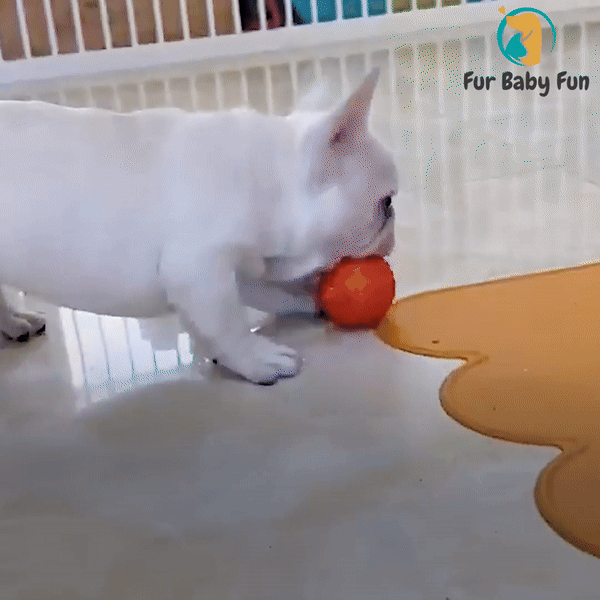
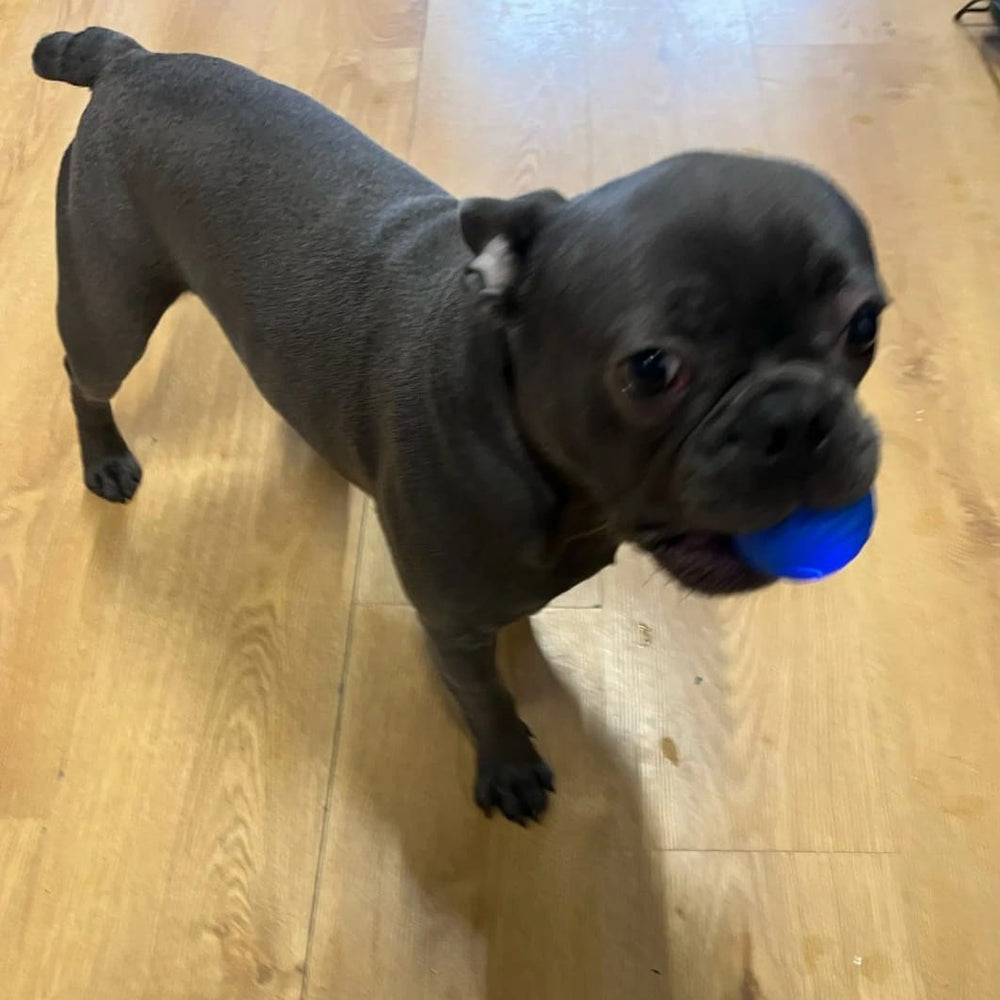


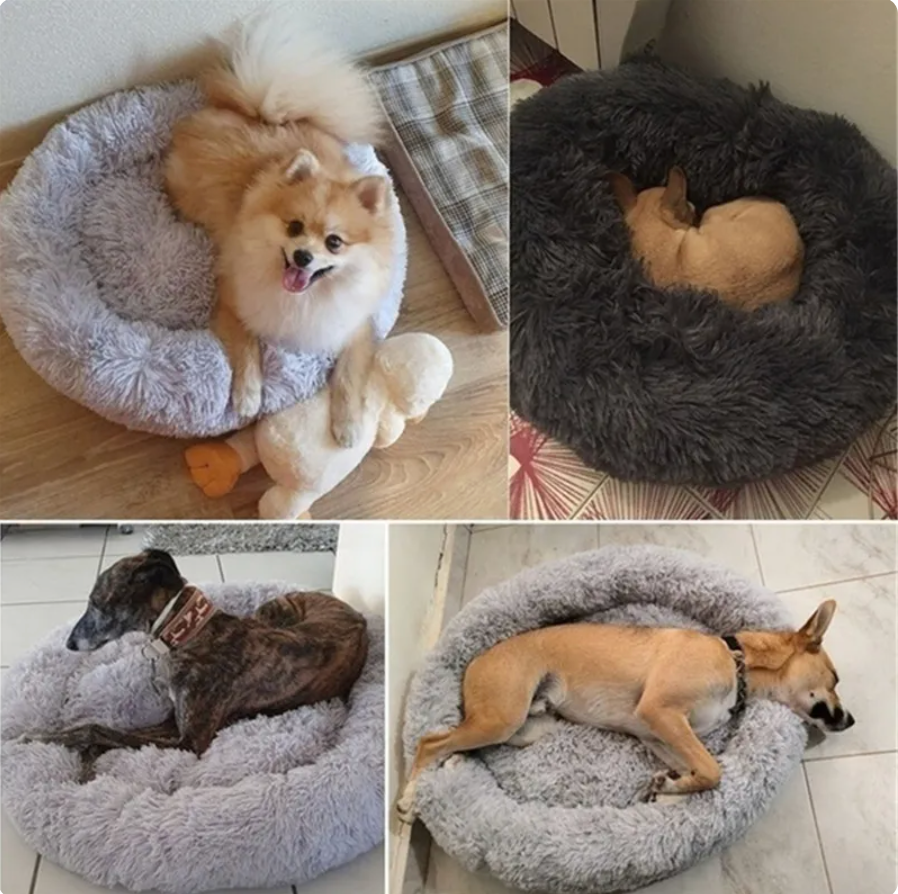
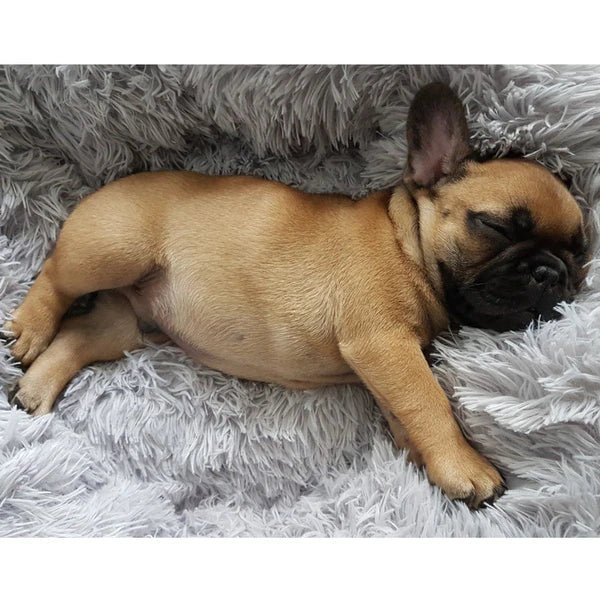
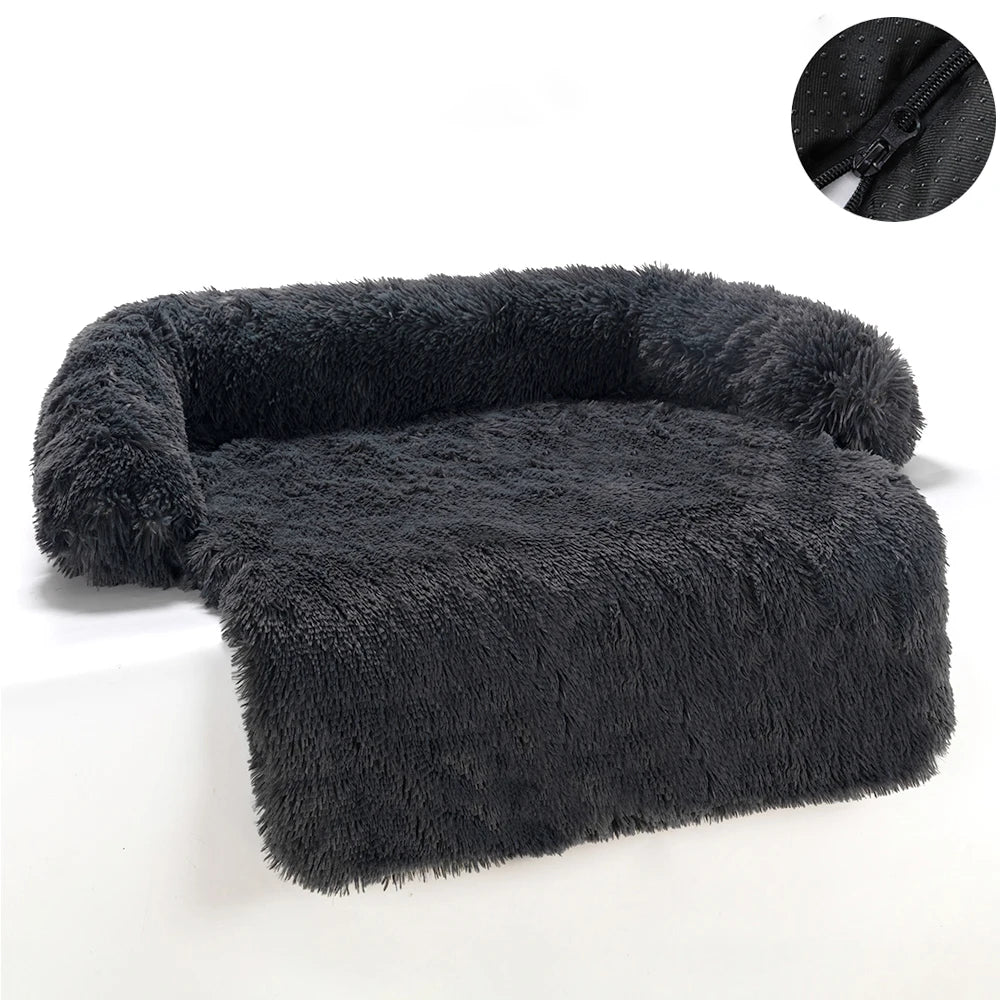
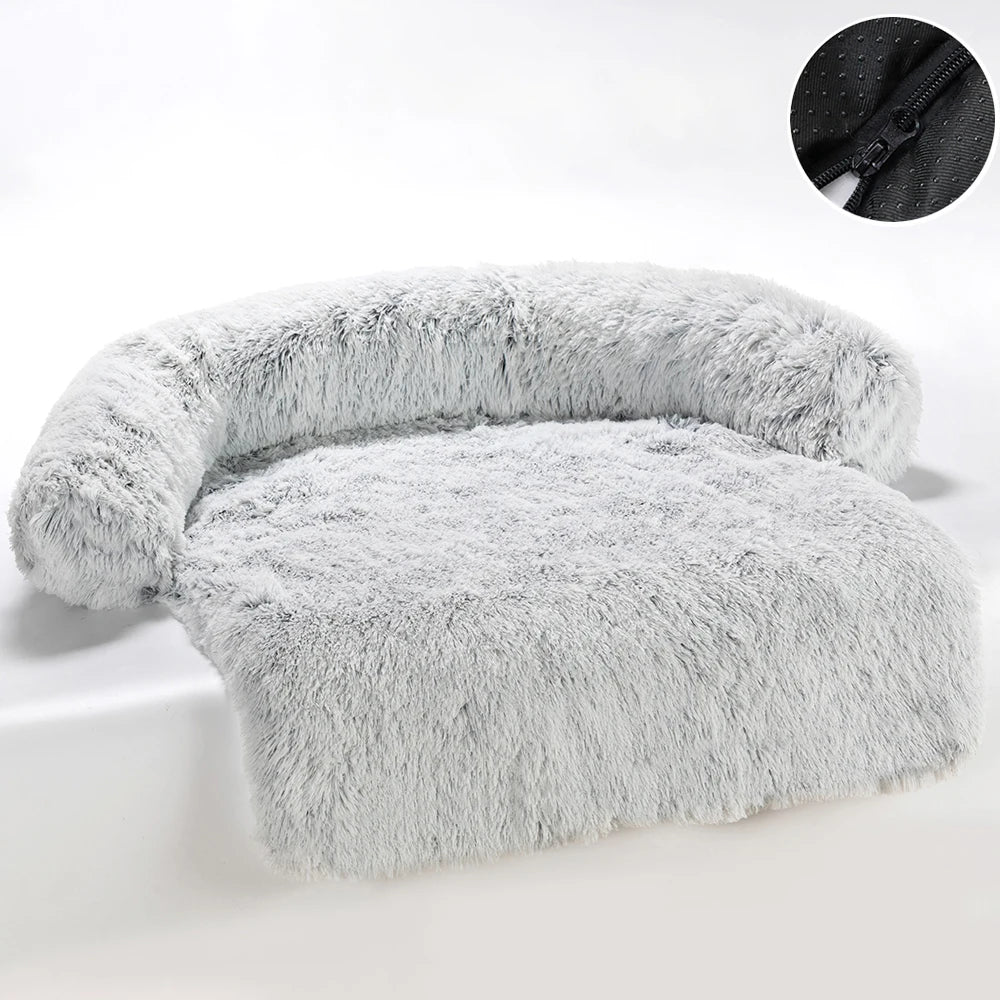
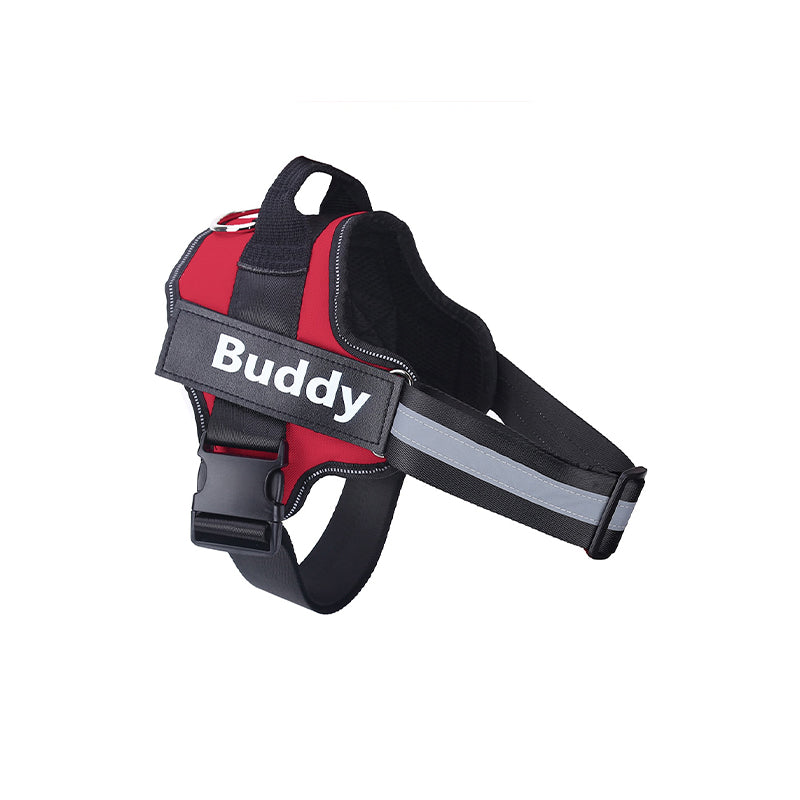
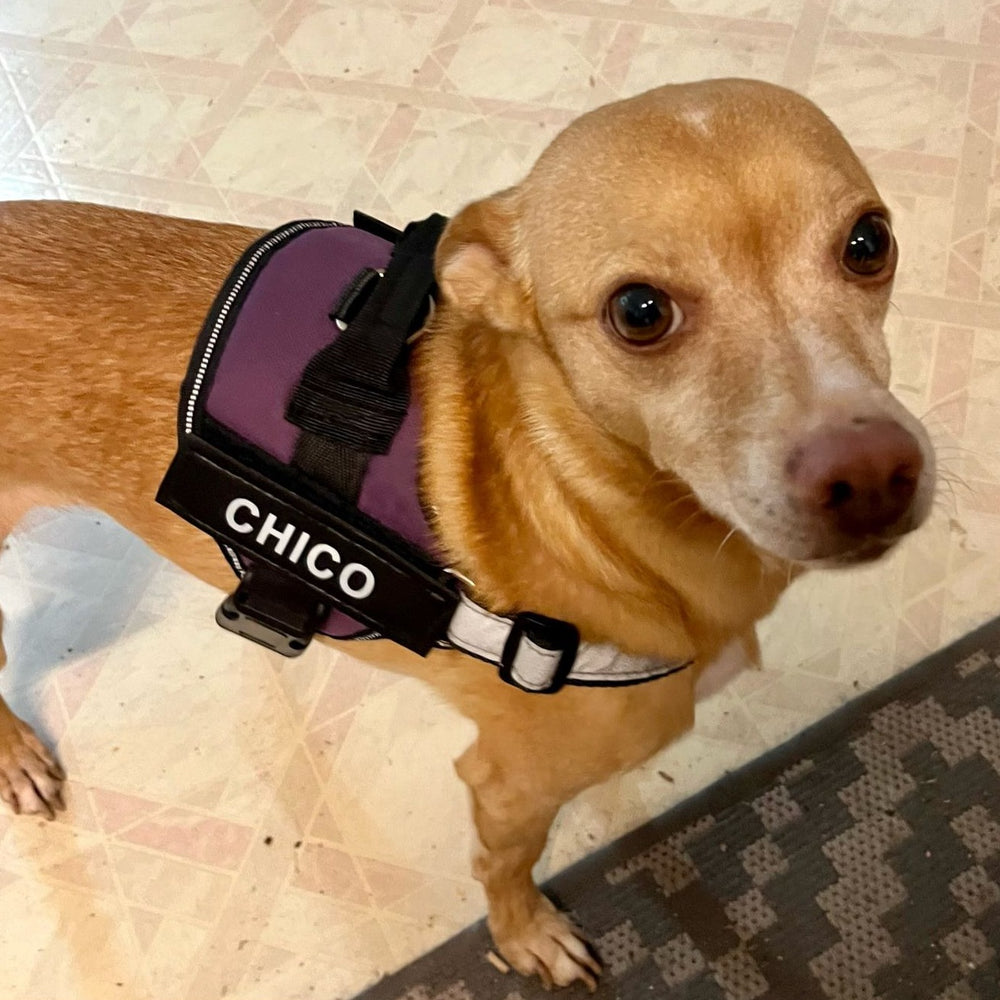


Leave a comment